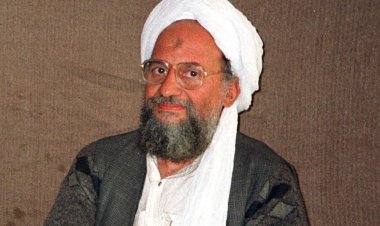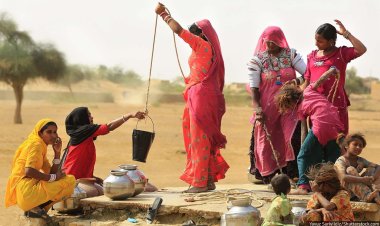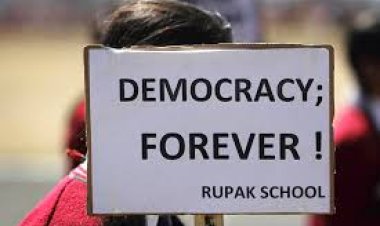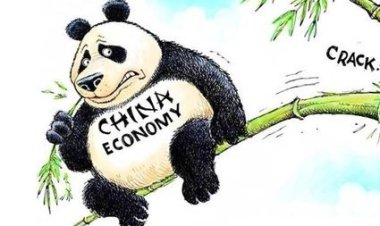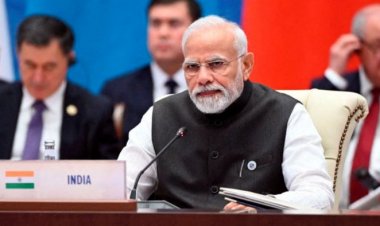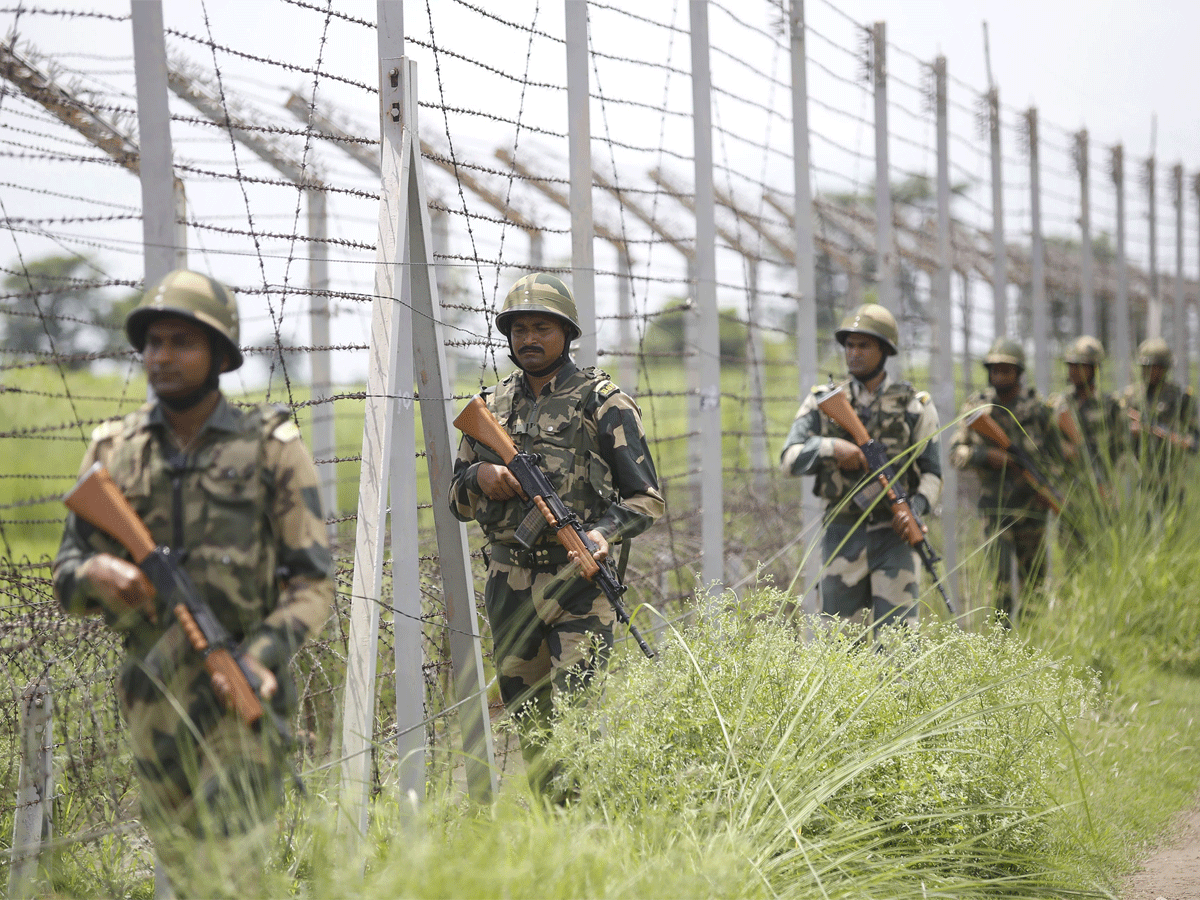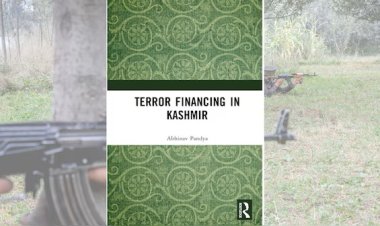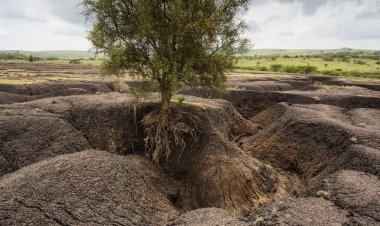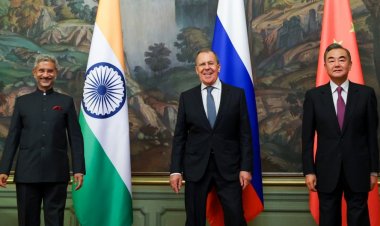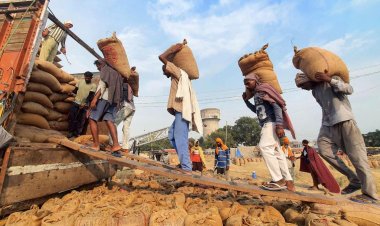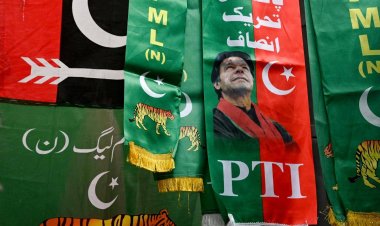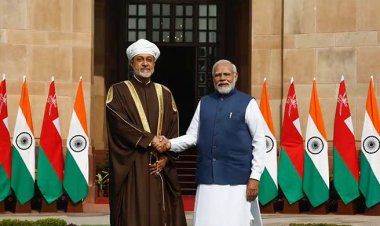Farmers Protest- No End in Sight as Realpolitik Plays Spoilsport, Political Opponents, Ultra-left and Sikh Radicals Worsen the Situation
In the given scenario, there seems no end in sight for the farmers' protest to vanish soon. A detente by sitting with farmers and working out an amicable solution is the need of the hour.
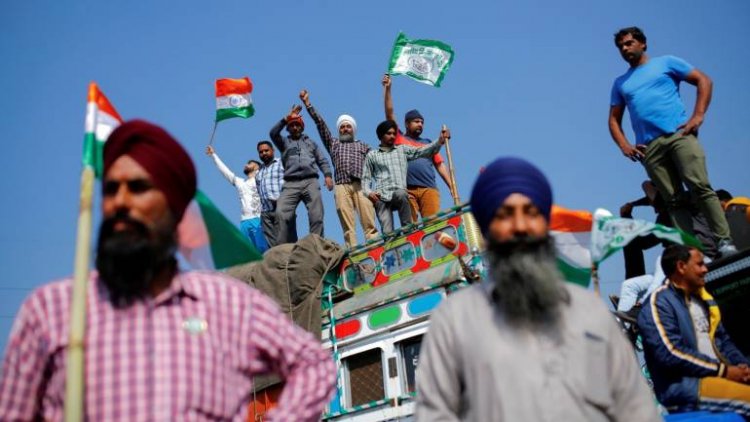
Commentary
By K Karamjit
Ever since the Modi government was sworn in for the first time in 2014, the opposition found it difficult to digest the saffron's surge. Having missed the cart due to internal strife, lack of leadership, the main opposition party co-joined by the opportunistic Left and some lesser-known socialist outfits, which have tasted successive defeats in electoral politics, the INC(Indian National Congress) have adopted `disruptive politics' as a tool to defame and demean Bhartiya Janata Party (BJP), which registered an emphatic win second time in a row in 2019.
Protests and disagreements on vital issues are part and parcel of any democratic process. However, when protests are shamelessly harped upon by opportunistic with different agendas, they lose their sheen, spirit, and texture. After a well-orchestrated Shaheen Bagh protest dying its own death due to the Covid-19 epidemic and subsequent communal violence in Delhi, the farmers' protest outside Delhi has now emerged as a God-send opportunity for the disruptive forces.
The otherwise sleepy cadre of splintered left bodies in Punjab, backed by the ruling Congress in the border state, swung into action to take the reins in hand to lead the `rich farmers' protest. As Punjab is already writhing under economic distress due to lack of good governance, rising debts, unemployment, lack of industrial investment leading to decreasing rate of per capita income, the youth who otherwise would be heading to Canada, the US, Europe, or Australia for greener pastures, had their voyages blocked due to ongoing Coronavirus restrictions. Free, distressed, and motivated, they were easily wooed by the disruptive forces to virtually wage a war to `protect Punjab's farming' as its only `lionize savior,' and they plunged into a thought-less action.
Punjab, having a history of resistance against the Centre, had the religious sentiments already high due to the sacrilege incidents (desecration of Sikh scriptures Guru Granth Sahib) in the near past, has now become a rallying point for the anti-India and anti-BJP forces. The radical elements within the Sikh community were the first to raise their heads, and they staged protests in the US, Canada, Europe, and Australia in front of Indian Embassies and aired their motivated inflammatory speeches.
These protests were hardly in favour of farmers, but in the garb of it, those were loudly and clearly anti-India. The separatist Khalistani elements not only organized and funded these agitations, laced with their poisonous utterances, but they went on an offensive drive to use the farmer's protest to encash their separatist agenda. They even went ahead, powered by their dollar power, to `purchase' so-called world human rights and environmentalist voices.
For example, `ill-informed' Swedish environmentalist Greta Thunberg and isolated lobbying-infested human rights voices in the US, Canada, and even the UN came calling enthusiastically to pose as if India was using coercive measures to stop farmers from protesting. The global Left and India's left-loving media houses went ahead with maligning news defaming India over one farmer's death in Delhi on Republic Day. Apparently, he was killed due to a road accident, which was his own doing, but it was portrayed as if a bullet from the security forces killed him. The vested global media went haywire.
The conspiring select media was in the wait of mayhem, planned by the Khalistani elements from abroad, which have the backing of Pakistan, and thirsty for an opportunity to revive terrorism in Punjab. More than 500 Twitter handles originating from Pakistan were identified by Indian security agencies for fanning the communal and violence-trigger. Knowing well the condition of minorities in Pakistan, which is evident from attacks on Sikh shrines and frequent denial of visas to Sikh pilgrims, wanting to visit Kartarpur Sahib Gurdwara, the radical Sikh groups still are looking to Pakistan for their anti-India stance, forgetting Pakistan's heinous past record against Sikhs during The Great Immigration of 1947.
The radical Islamist forces in Pakistan, Turkey, and even in the US, UK, and Canada, where they had been found hobnobbing with Khalistani elements, too had raised their pitch against the anti-India stir. They all planned a major embarrassment for India. However, it did not happen due to the high degree of self-restraint shown by the Delhi police and central security agencies, even when the national flag was dishonored. The separatist elements are still searching for an opportunity to stir up again, but thanks to the security forces' far-sightedness and meticulous planning of the intelligence agencies, the situation remains well in control.
Punjab had witnessed one of the most violent terrorism in the 1980s, which was the handiwork of the political outfits, including the Congress. The people of Punjab suffered, but even during the peak of terrorism, there were no Hindu-Sikh communal clashes, which shows that both communities share cultural traditions and societal bonding. There is no likelihood of any misadventure despite the provocations underway from Khalistani and ultra-left, whose only aim is to create lawlessness in Punjab to defame BJP in general and Narendra Modi in particular.
In the given scenario, there seems no end in sight for the farmers' protest to vanish soon. The political opposition will not sit down calmly even if some solution is found to farmers' issue. As they have been joined recently by Shiromani Akali Dal (Badal) and other splintered Akali groups who are furthering their own Sikh ethnicity agenda for the poll-bound state of Punjab as state assembly elections are due before February 2022.
The Modi government needs to understand the fragile societal milieu and world-spread disruptive forces which are bent upon defaming the central goverment. The use of force is what these forces are purposefully expecting. The Centre government has already adopted a highly restrictive approach which needed to be further strengthened, and a great deal of caution is required. The farmers of Haryana and Western UP, like that of Punjab, might have some reservations in the new Farms laws, which needed to be addressed through dialogues. A detente by sitting with farmers and working out an amicable solution is the need of the hour. Since political opposition, ultra left and the separatists Sikhs, and now otherwise a moderate face-SAD (B) have virtually come on a single platform to target the Centre over the emotive issue. The Union government, led by Modi, needs to choose a cautious approach to deal with the situation.
The author is an expert on Punjab Affairs and a freelance Journalist
Disclaimer: This article is the author’s individual scholastic contribution and does not necessarily reflect the organisation’s viewpoint.

